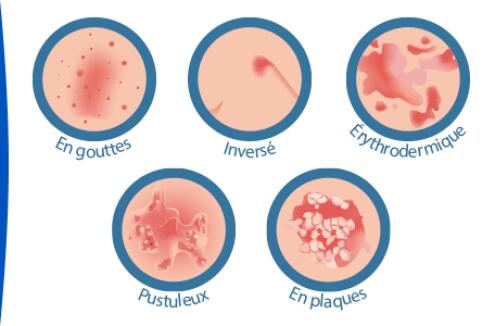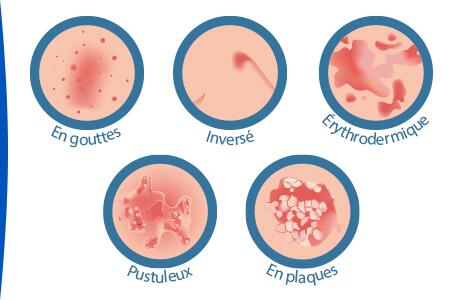-
Your concerns
Our articles to help you gain a better understanding
-
Our solutions
-
DUCRAY Dermatological Laboratories
Our articles to help you gain a better understanding

Psoriasis can develop in different forms, and at varying levels of severity. Some forms are more well-known and are seen more frequently than others. Pustular psoriasis is a very specific type of psoriasis that is relatively unknown among the general public. It is characterized by the presence of pustules. These are "bubbles" which appear on the skin's surface and which contain a liquid substance.


Treatment for pustular psoriasis is the same as for plaque psoriasis, with particular emphasis on treatments taken orally or by injection. In life-threatening cases of generalized pustular psoriasis, hospitalization is often necessary to monitor the patient's vital signs while administering treatment.
Psoriasis-prone skin